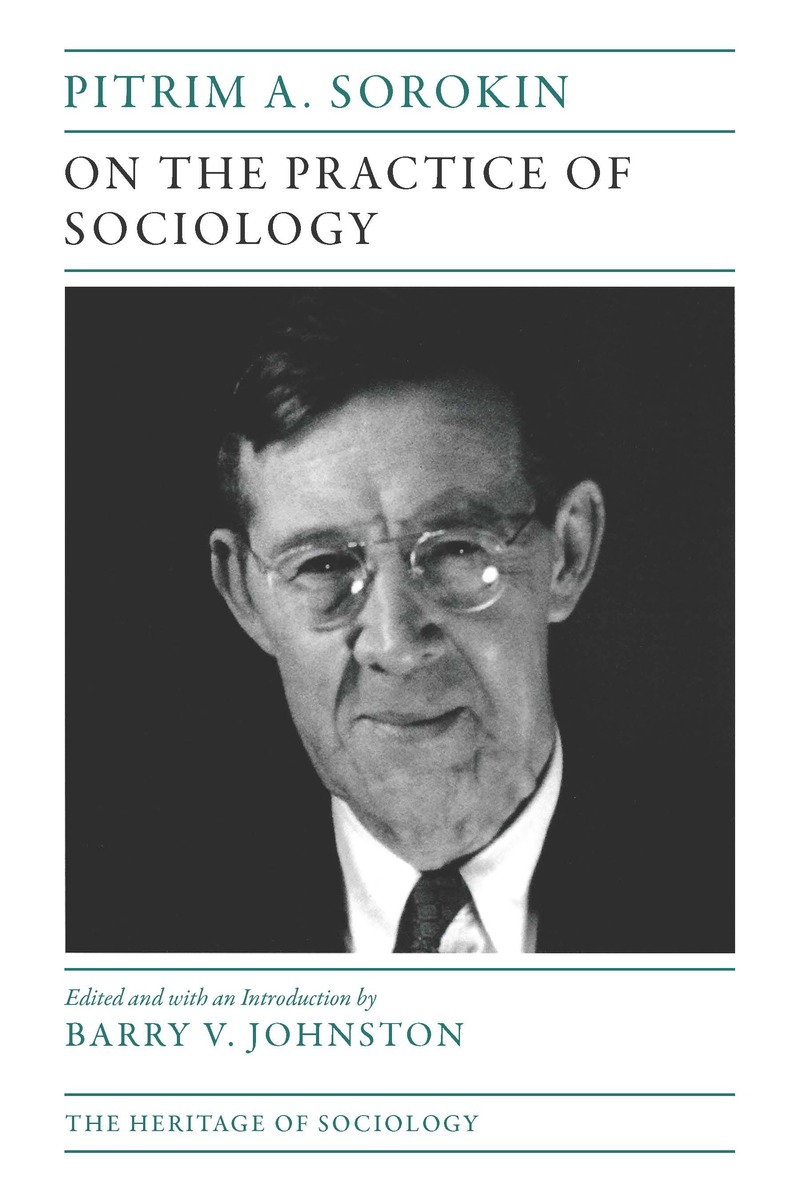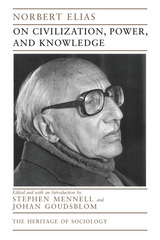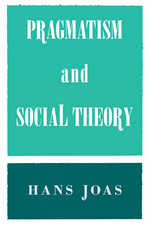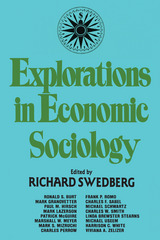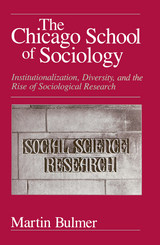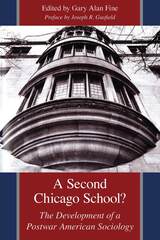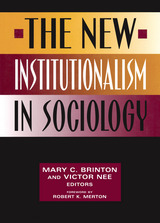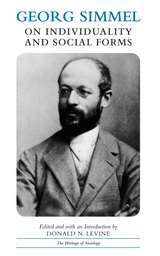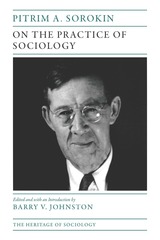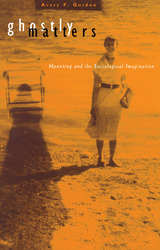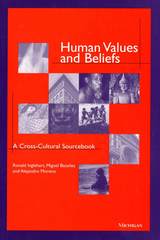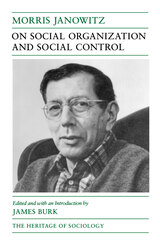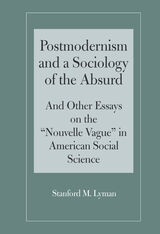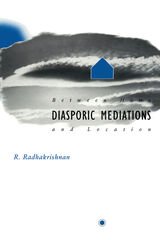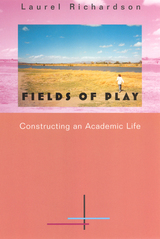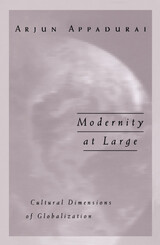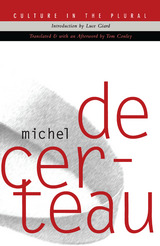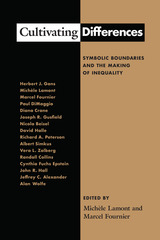On the Practice of Sociology
University of Chicago Press, 1998
Paper: 978-0-226-76829-8 | Cloth: 978-0-226-76828-1
Library of Congress Classification HM61.S673 1998
Dewey Decimal Classification 301
Paper: 978-0-226-76829-8 | Cloth: 978-0-226-76828-1
Library of Congress Classification HM61.S673 1998
Dewey Decimal Classification 301
ABOUT THIS BOOK | TOC | REQUEST ACCESSIBLE FILE
ABOUT THIS BOOK
Sorokin (1889-1968) rose from a peasant childhood in Russia to become one of the most erudite, insightful, and critical figures in the history of sociology. He was, however, considered both a pioneer and an outcast.
His early American works opened new vistas in rural sociology, social stratification, and theory. They provided an elegant standard for scientific sociology and won him the founding chairmanship of sociology at Harvard University. A continuous innovator, he next explored the vast expanse of human affairs, and outlined the surfacing crisis of modernity. At the Harvard Research Center for Creative Altruism he developed a blueprint for social reconstruction. Such interests combined with a prophetic and combative style of disagreement drove him to the margins of a discipline hungry for acceptance as a science. In the early1960s, his work was once again recognized, and he became president of the American Sociological Association.
Including essays that range from his early Russian years to his final works in the 60s, this collection provides a much-needed introduction to one of sociology's most controversial thinkers.
His early American works opened new vistas in rural sociology, social stratification, and theory. They provided an elegant standard for scientific sociology and won him the founding chairmanship of sociology at Harvard University. A continuous innovator, he next explored the vast expanse of human affairs, and outlined the surfacing crisis of modernity. At the Harvard Research Center for Creative Altruism he developed a blueprint for social reconstruction. Such interests combined with a prophetic and combative style of disagreement drove him to the margins of a discipline hungry for acceptance as a science. In the early1960s, his work was once again recognized, and he became president of the American Sociological Association.
Including essays that range from his early Russian years to his final works in the 60s, this collection provides a much-needed introduction to one of sociology's most controversial thinkers.
See other books on: Practice | Rural | Social Science | Sociology | Sorokin, Pitirim A.
See other titles from University of Chicago Press
